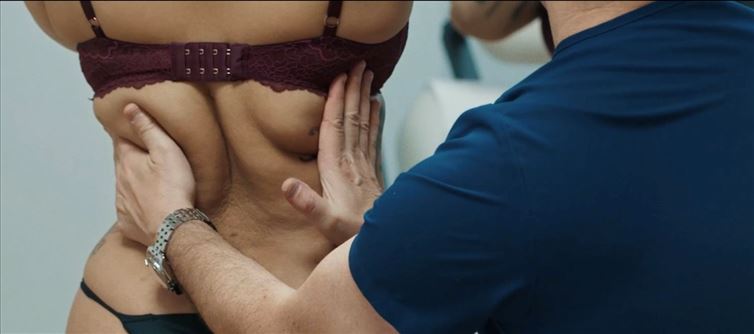
Dhoke, a father of two, is charged with abusing young girls at residential camps while posing as a counselor. Because of his affiliation with another expert in the area, he was able to establish his name, and his east Nagpur clinic gained recognition among the surrounding regions.
According to The Times of India, the psychologist utilized his claim to be a gold medallist in his specialty to entice parents to take their kids to him for daylong sessions targeted at enhancing their academic performance and mental growth.
A source informed the magazine, "The psychologist charged hefty amounts for his courses, which often totaled to Rs 9 lakh annually."
Inappropriate physical contact was described by victims as part of the claimed abuse, which occurred under the pretense of providing therapies like "acupressure."
It is alleged that the psychologist took advantage of the victims' confidence by promising them better academic and personal growth.
"The psychologist gained the girls' trust after initially gathering comprehensive data about their personal lives and family history. Later, claiming that such activities helped reduce stress and improve concentration on academics, he would begin making moves, first caressing ladies, then offering them alcohol, and then taking advantage of them sexually. According to an insider, he was able to persuade the females that a sexual relationship was unavoidable. He also recorded the personal session using photos and videos, which were subsequently used to blackmail the victims.
Due to the societal shame and taboos associated with such incidents, many survivors are currently finding it difficult to file official complaints. Since many of them are married and worry about the social fallout from coming out, several have stated that it is difficult for them to report the events.
Sources claim that during the residential camps, he frequently dissuaded families from spending time with their children directly, arguing that unbroken treatment was crucial. This may have led to the victims' isolation.
"The psychologist often did not allow families to speak to their children in his residential unit, stating the effect of his treatment would get diluted if they distracted them. This was probably done to ensure families remained oblivious to the abuse of their children," the source added.




 click and follow Indiaherald WhatsApp channel
click and follow Indiaherald WhatsApp channel